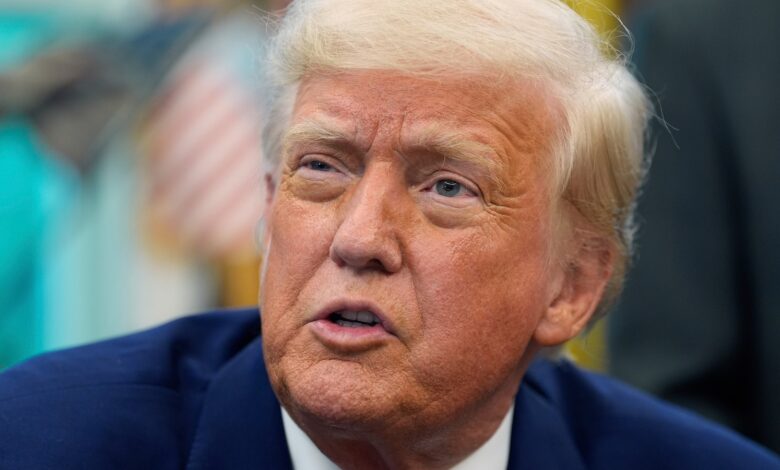The WH says Trump is considering suspending habeas corpus. What would that mean?

The White House deputy chief of staff, Stephen Miller, made headlines on Friday when he stated that the Trump administration is considering suspending habeas corpus, the right of a person to challenge their detention in court. This potential move would mark a significant escalation of the administration’s immigration policy, raising concerns about constitutional rights.
Habeas corpus can be suspended in extraordinary circumstances such as an invasion or rebellion to protect public safety, as outlined in the Constitution. The United States has suspended this right four times in the past, including during the Civil War and World War II.
Miller justified the possible suspension by citing a national security threat posed by undocumented migrants “invading” the country. However, legal experts argue that only Congress has the authority to suspend habeas corpus, not the President.
The Trump administration previously invoked the Alien Enemies Act to deport alleged members of a Venezuelan gang swiftly. Still, federal judges, including one appointed by Trump, ruled the act unlawful as it failed to prove an invasion by the gang.
President Abraham Lincoln suspended habeas corpus during the Civil War, but Chief Justice Roger Taney deemed the move unlawful, emphasizing that only Congress has the power to suspend this right. Ultimately, Lincoln sought congressional approval as the war continued.
In conclusion, the potential suspension of habeas corpus by the Trump administration raises constitutional concerns and legal challenges. It remains to be seen how this issue will unfold and whether Congress will be involved in any decision to suspend this fundamental right.





